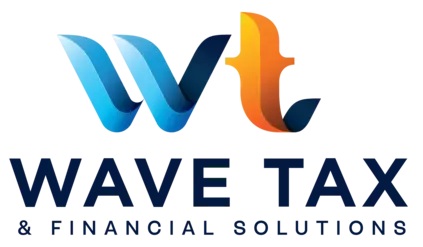The thing that you must address when looking at an expense is if it was ordinary and necessary. Yes, it must be both. So, let’s look at some specific items when it comes to travel and meals for your taxes.
🔸 What is a Legitimate Travel Expense?
According to the IRS, there are certain criteria that the expense must meet for travel in the United States and if traveling abroad:
- Their duties require them to be away from the area of their tax home longer than an ordinary day’s work;
- They need to sleep or rest to meet their work demands;
- Taking a power nap in the car does not count as needing rest. But the taxpayer also does not have to work a 16-hour day for the travel to count.
🔸 What Can We Deduct?
We can deduct the method of travel to get there. Publication 463 (2022), Travel, Gift, and Car Expenses provides a table with the type of travel expenses a business owner can write off. The items are:
- Baggage and shipping;
- Car;
- Cleaning;
- Lodging and meals;
- Taxi, commuter bus, and airport limousine;
- Telephone;
- Tips;
- Transportation;
- Other – similar ordinary and necessary expenses related to business travel.
For the 2023 tax year the standard mileage amount is $0.65. But is not limited to driving vehicles, also use public transportation, rent a car, or Uber. These are all methods the IRS finds ordinary and necessary.
Also, we can write off the cost of lodging. This could be a hotel or Airbnb. Meals would also be deductible for trip, and cannot be lavish and extravagant (There can be no entertainment component to the meal or that portion of it is not deductible).
Besides, there is a 50% limit on meals. You can figure this limit using either the actual cost or the standard meal allowance.
You can also like | Tax Extension: What It Is and How to File One
🔸 How do We Track the Travel and Meals?
Bank statements and cancelled checks are not good enough to prove these expenses. In addition to those they need documentary evidence. This means receipts that show the following:
- Business purpose;
- Date;
- Expense with separate amounts charged for different expenses;
- Location;
- Time.
For example, a meal receipt would need all the information above as well as the number of people served. You should also collect and prepare records in a timely manner, not after the fact.
If you drove your personal vehicle, you need to provide a mileage log showing the dates, destination, miles traveled, and purpose of the trip. And you should have this log prepared before it is time to file taxes.
At Wave Tax we always said to our clients that it is important to record the cost of each expense and have them totaled. It is equally important to include the dates you left and returned for each trip. This will help show the number of days spent on business.
🔸 Summary
If you are a business owner that sets your vacations as destination education, then maybe you can write off your vacations on your taxes. This is not the case for most taxpayers. The burden of proof that travel related lies with the taxpayer.
Use Publication 463 as a guide to determine if the trip is ordinary and necessary for business. If it is not 100% deductible, you can use their records and Publication 463 to determine how to allocate the expenses between personal and business.
🛑 If you would like an advice to get strategies to maximize your taxes, we can help you at Wave Tax. Contact us at info@wavetax.us

